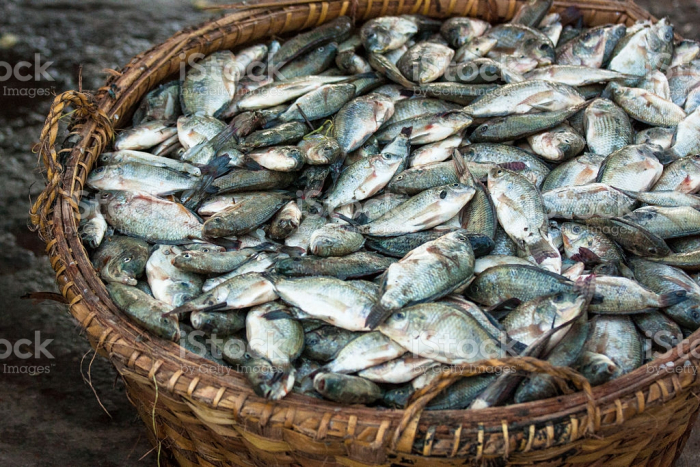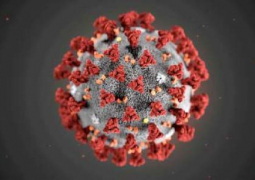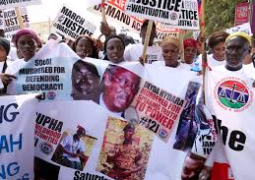
Dakar, Senegal, 9th October 2020 - While governments in Senegal, Mauritania and The Gambia have been carrying out emergency food distributions to local communities in the wake of the COVID-19 pandemic, a new Greenpeace report, exposes how the same governments have kept enabling systematic plunder of the oceans by foreign fishing vessels and the Fishmeal and Fish Oil (FMFO) industries. Some of these industries have gone as far as trying to benefit from the COVID-19 lockdown situation.
“West Africa’s declining fish stocks should be managed and secured, first and foremost to feed people in the region, especially at a time of looming food insecurity, as well as a global biodiversity crisis,” said Dr Aliou Ba, political advisor for Ocean Campaign at Greenpeace Africa.
“The world economy is in recession and the West African region is not spared. At the same time the Fishmeal and Fish Oil industry is thriving, using local fish stocks to produce food for pets, pigs and fish in the aquaculture industry around Europe and Asia at the expense of vulnerable populations in West Africa. West African governments must work together to shut down these factories for good,” Dr Ba concluded.
The Greenpeace report, entitled “Seasick: as COVID-19 locks down West Africa, its waters remain open to plunder” is based on observations of fishing vessels and FMFO factories in Senegal, The Gambia and Mauritania from March 2020 until end July, a period in which COVID-19 pandemic lockdowns were introduced across West African countries.
“Allowing the continued operation of fishmeal factories during the lockdown is really a problem because it impacts the supply of fish for local people and creates unfair competition between factories and female fish processors, who are impacted by restrictions,” said activist and member of Platform of Artisanal Players of Senegal's Fisheries, PAPAS, Mor Mbengue.
Based on data from the Automatic Identification System (AIS) used for vessels worldwide, Greenpeace’s research confirms at least eight industrial fishing vessels have been engaged in questionable activities in the observed period. All of them carry the Fu Yuan Yu name and were found to be displaying activities suggesting fishing in the Senegalese Exclusive Economic Zone (EEZ) while it was impossible to verify whether they carried a license granted without following the right license procedure. In other cases, the vessels were seemingly making use of an old trick of disguising their location by manipulating their AIS data.
Greenpeace concludes its report with a demand to shut down permanently the FMFO factories operating in West Africa except for the ones who exclusively use trimmings. It further demands publication of the full list of vessels licensed to fish in all Sub Regional Fishery Commission (SRFC) countries, an official status for women fish processors, as well as a reform of Senegal’s fishing licensing process to improve transparency and inclusiveness of the artisanal sector in the decision-making process. Finally, Greenpeace is calling on all governments in the Economic Community of West African States (ECOWAS) region to adopt a sustainable regional management plan of fisheries, with an urgent focus on dwindling pelagic stocks.





